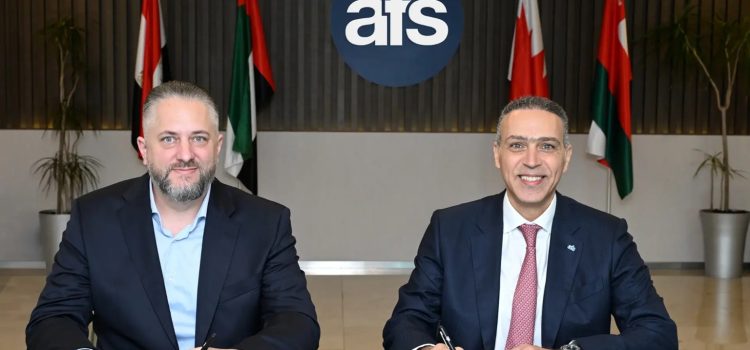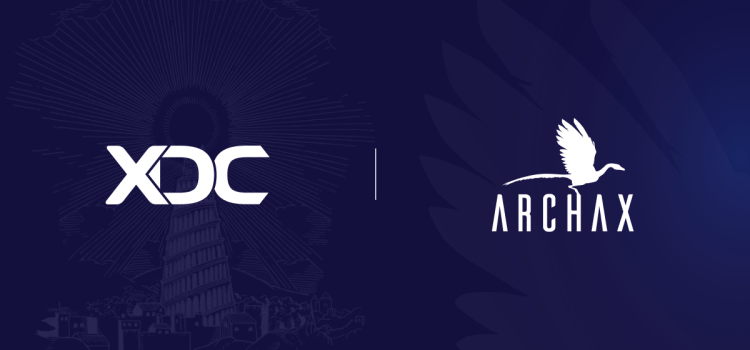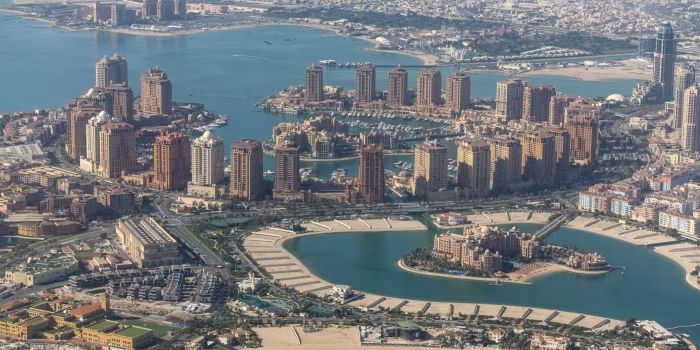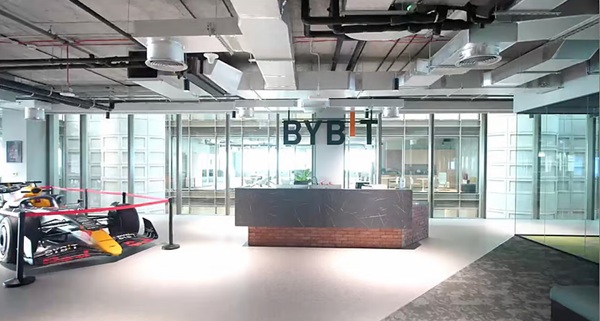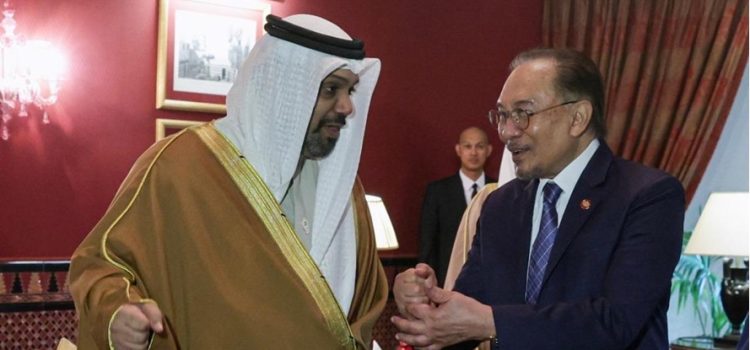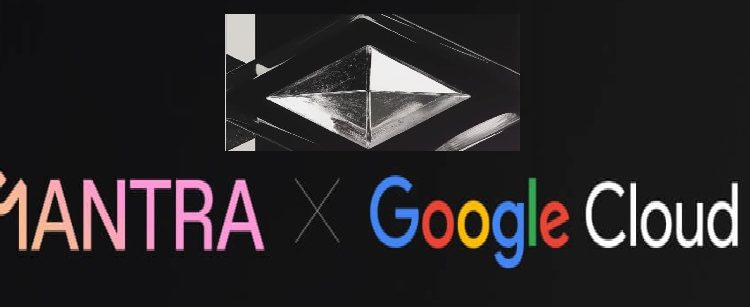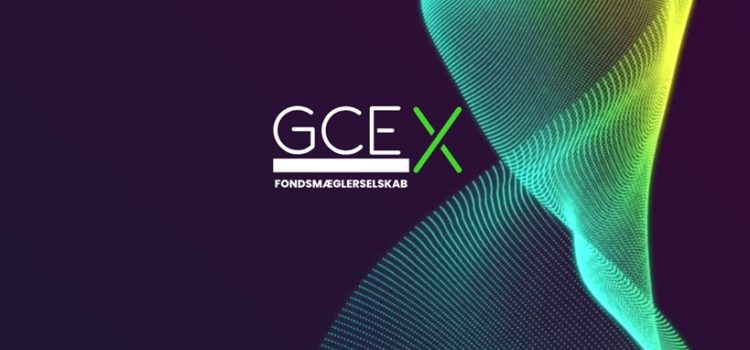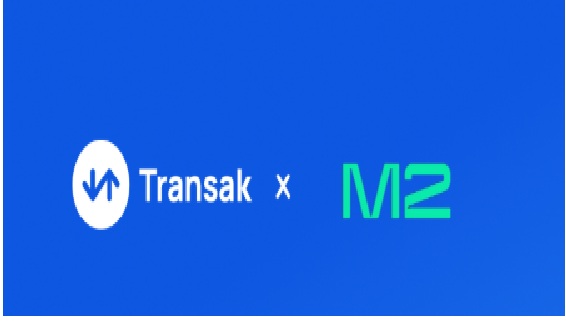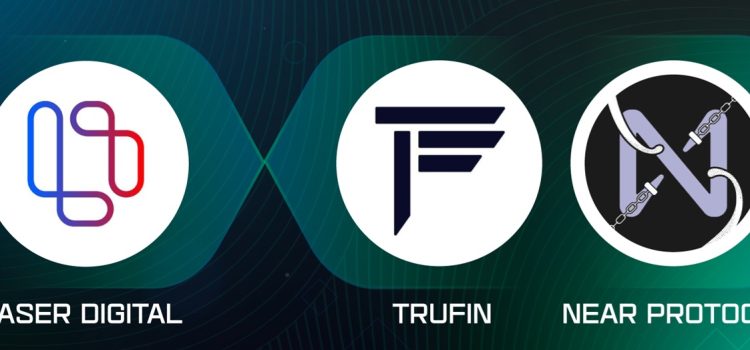
Arab Financial Services (AFS), regulated by the Central Bank of Bahrain and Egypt, also holding a retail payment license in the UAE has partnered with Ternoa Blockchain to launch stablecoin and crypto payments across POS ( Point of Service) counters for UAE merchants. The partnership will expand across the GCC.
Ternoa, is a fast, secure & cost-efficient PayFi network that is designed to onboard billions of retail customers into crypto. Ternoa as per the announcement will use decentralized consumer finance protocol, Athar, a secure and cost-efficient PayFi network to onboard UAE merchants into the crypto and stablecoin era. Athar will enable stablecoin payments at Point-of-Sales (PoS) terminals.
AFS is owned by a total of 37 banks and financial institutions and services over 60 banks in more than 20 countries across the Middle East and African region.
The Athar protocol will make crypto payments easier and more accessible for every day transactions with AFS deploying the Athar solution for merchants in UAE.
Samer Soliman, AFS CEO noted that AFS is committed to driving innovation in the payments industry and expanding access to seamless, secure, and future-ready solutions.
He stated, “By integrating stablecoins and decentralized finance, we are unlocking new possibilities for merchants and consumers across the UAE, paving the way for the broader adoption of digital payments in the region.”
Ternoa CEO, Mr. Mickael Canu added, “The next big step for blockchain and digital finance is making it useful in everyday life. The payments and financial services industries are massive and bringing them onto Ethereum will open up exciting new possibilities. Our partnership using Athar with AFS will make digital payments faster, more secure, and accessible.”
AFS received UAE Retail Payment Service License in 2024
AFS recently made a strategic expansion into the United Arab Emirates (UAE). The move followed the successful acquisition of a Retail Payment Services License – Category II from the Central Bank of the UAE by Arab Financial Services L.L.C, allowing AFS to introduce a comprehensive suite of innovative and secure payment solutions tailored to the country’s dynamic financial landscape.
At the time Soliman noted that the license was a pivotal juncture in their regional expansion strategy. He noted that they were excited to launch innovative payment solutions in the country.
“Expanding into the UAE is a tremendous opportunity for us to bring our market-leading payment and fintech capabilities to a country that values innovation and security in digital financial services,” said Rizwan Khan, Managing Director for AFS UAE and Oman. “We are delighted to partner with local businesses and regulatory bodies to help nurture an inclusive digital ecosystem that meets the fast-evolving needs of the UAE and contribute to strengthening the country’s standing as a global fintech hub.”
UAE Central Bank passed stablecoin payments regulations
The UAE Central Bank in 2024 passed its stablecoin payment regulations that allowed regulated AED-backed stablecoins to be used inside the country for the purchase of products and services.








